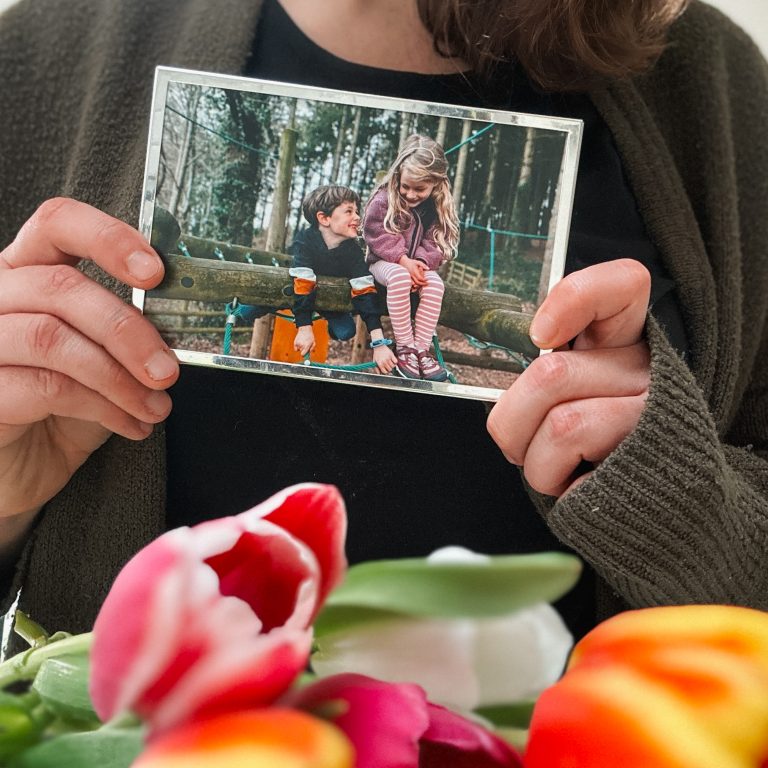Adopting a child is a significant and life-changing decision that comes with its own unique set of challenges and rewards. When adopting a child with ADHD, it’s crucial to approach the journey with understanding, patience, and practical strategies that can support both you and your child.
In this guide, we share essential tips to help your family thrive together. For those seeking legal guidance in the adoption process, consider reaching out to family solicitors for Horsham, Crawley, Billingshurst, or wherever you may live, for professional support.
Understanding ADHD in Adopted Children
ADHD, or Attention Deficit Hyperactivity Disorder, is a neurodevelopmental condition that affects a child’s ability to focus, control impulses, and manage energy levels. Understanding the nature of ADHD is the first step in providing the right support for your child.
Recognising the Symptoms
Children with ADHD often exhibit symptoms such as difficulty concentrating, excessive fidgeting, impulsiveness, and difficulty following instructions. Recognising these symptoms early can help you tailor your parenting strategies to better meet your child’s needs.
Learning About Legal and Educational Support
It’s important to be aware of the legal rights and educational support available for children with ADHD. Furthermore, remember that there are useful resources which can guide you in navigating education and ADHD.
Building a Supportive Environment
Creating a nurturing and supportive environment at home can help your child feel secure and understood. Here are some strategies to consider:
- Structure and Routine: Establishing a consistent daily routine can help your child feel grounded. Predictable schedules reduce anxiety and help children with ADHD know what to expect.
- Positive Reinforcement: Encourage positive behaviour by recognising and rewarding your child’s efforts, no matter how small. Positive reinforcement can boost your child’s confidence and motivate them.
- Open Communication: Foster an atmosphere of open communication where your child feels safe to express their emotions and thoughts. Listening actively and validating their feelings can strengthen your relationship.

Engaging with Professional Support
Seeking support from professionals can provide additional resources and strategies tailored to your child’s unique needs. Engage with therapists, counsellors, and educators who specialise in ADHD to develop coping mechanisms and learning strategies that work best for your child.
Professionals can offer insights into behavioural management techniques, helping you and your child navigate challenges in a constructive manner. This external support can be invaluable in managing ADHD effectively within the family structure.
Fostering Social Skills and Emotional Growth
Children with ADHD may struggle with social interactions and emotional regulation. Encouraging social skills and emotional development is crucial in helping them build friendships and navigate social situations confidently.
Participating in Group Activities
Encourage your child to participate in group activities or clubs that interest them. These settings provide opportunities for social interaction and teamwork, fostering a sense of belonging and enhancing their social skills.
Teaching Empathy and Emotional Intelligence
Help your child understand emotions, both their own and those of others. Role-playing scenarios and discussing feelings can enhance their empathy and emotional intelligence, equipping them to manage interpersonal relationships more effectively.
Adapting Educational Approaches
Children with ADHD may require tailored educational approaches to thrive academically. Collaborate with educators to create an Individualised Education Plan (IEP) that accommodates your child’s learning style and needs. Regular communication with teachers can ensure your child receives the attention and support required for academic success.
Embracing the Journey Together
Adopting a child with ADHD presents unique challenges and opportunities for growth and learning. By understanding the condition, creating a structured and supportive environment, engaging with professionals, fostering social and emotional skills, and adapting educational approaches, you can help your child thrive.
Remember, the journey of adoption is one of mutual learning and development, where both you and your child gain new insights and form lasting bonds. Embrace each moment with patience and compassion, knowing that your efforts are creating a nurturing and loving environment where your child can flourish.
As you navigate this journey, remember that seeking guidance and support when needed is a sign of strength and dedication to your child’s well-being. With the right strategies and resources, you can create a harmonious and thriving family dynamic.
For a more general overview of ADHD, visit this NHS webpage.
Please be advised this article is for informational purposes only and should not be used as a substitute for advice from a trained legal or health professional. Please seek the advice of a legal or health professional if you’re facing issues regarding adopting a child with ADHD.









No Comments